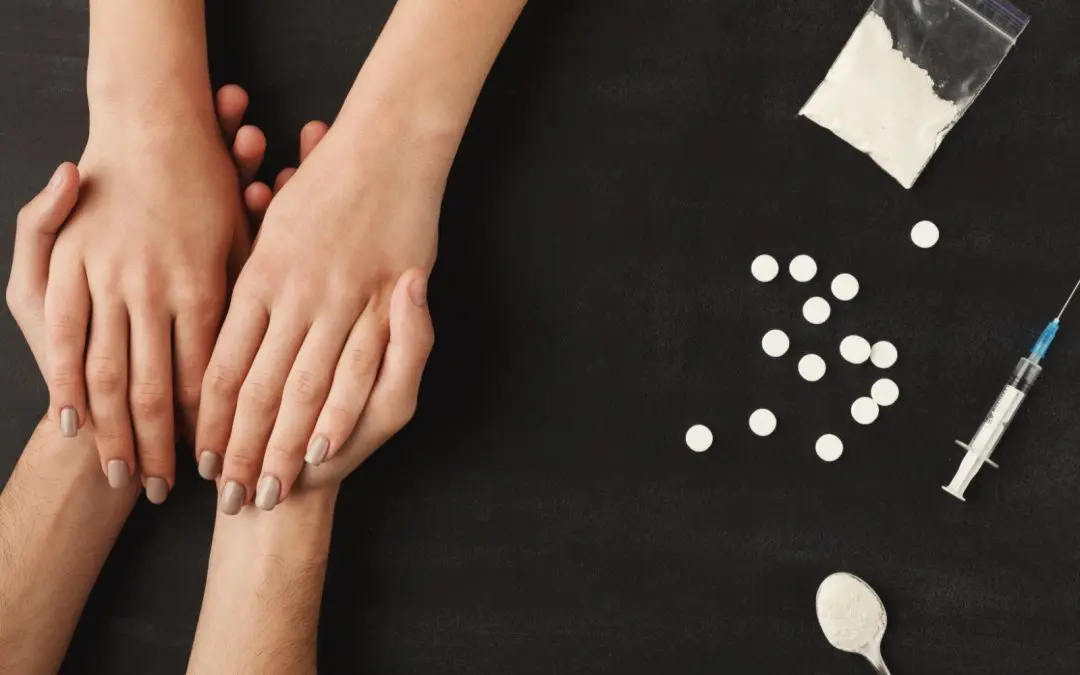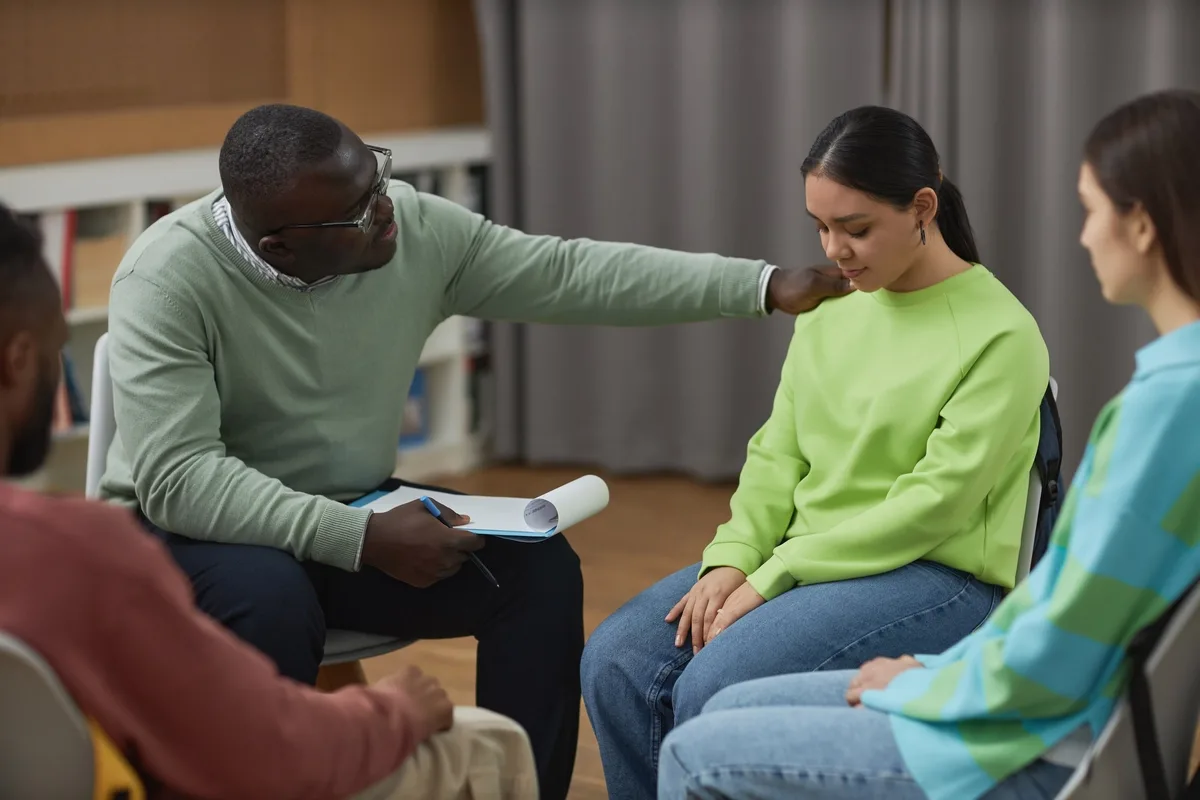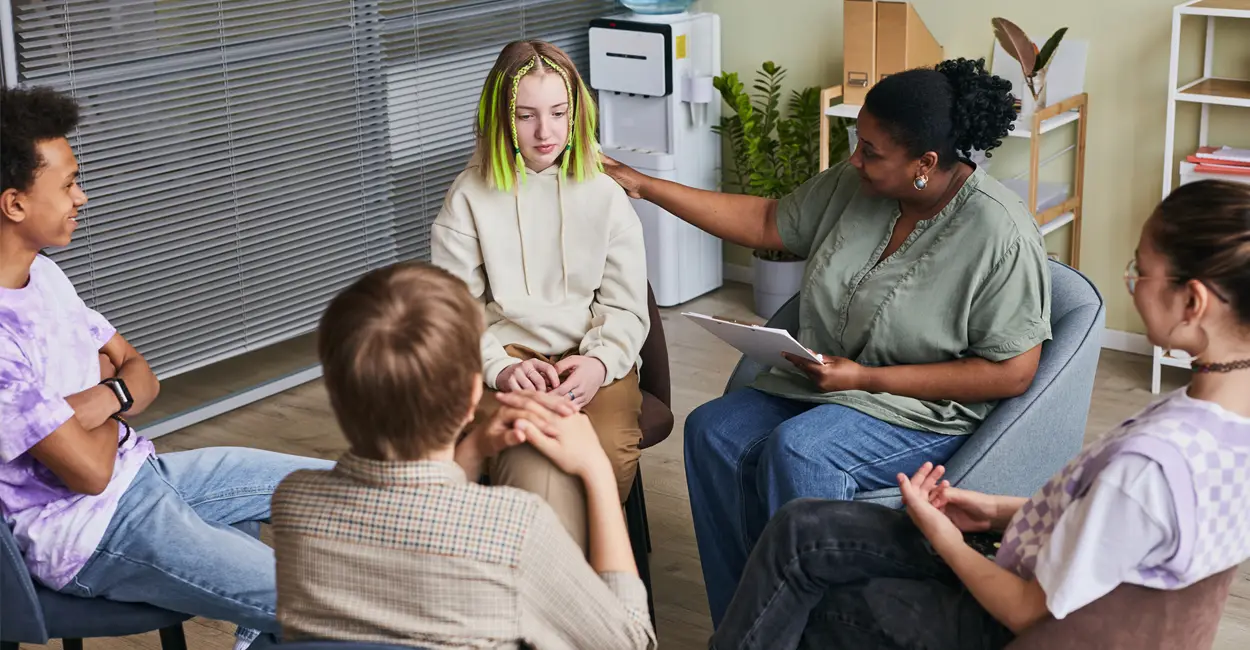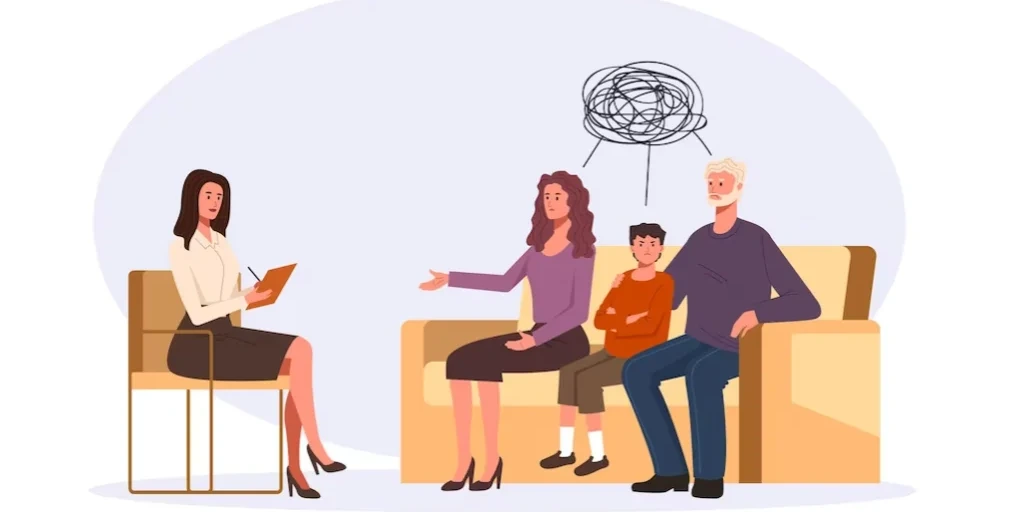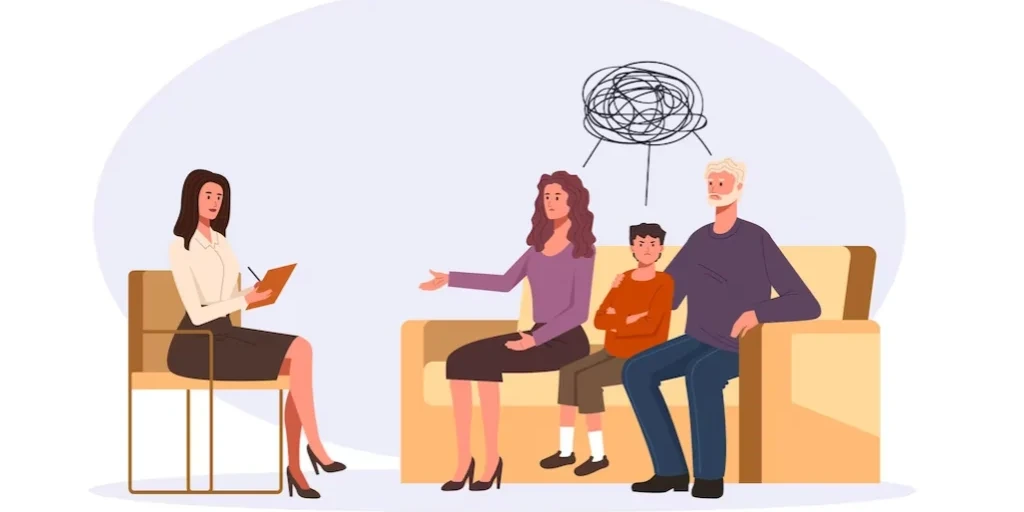24/7 Helpline:
(866) 899-221924/7 Helpline:
(866) 899-2219
Learn more about PTSD Treatment centers in Marion County

Other Insurance Options

Evernorth

BHS | Behavioral Health Systems

Multiplan

GEHA

CareFirst

Kaiser Permanente

Holman Group

BlueCross

WellPoint

ComPsych

Magellan

Premera

Health Net

MHNNet Behavioral Health

Meritain

American Behavioral

Lucent

Highmark

Choice Care Network

Optima
